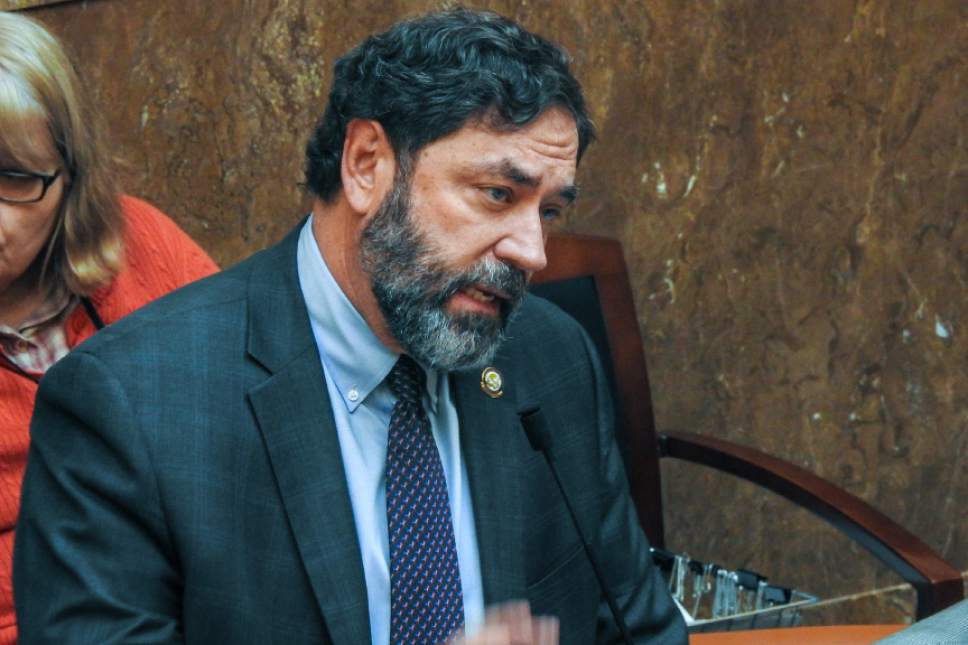This is an archived article that was published on sltrib.com in 2017, and information in the article may be outdated. It is provided only for personal research purposes and may not be reprinted.
"It is amazing what you can accomplish if you do not care who gets the credit."
— Harry S. Truman
Though there are those who would argue that the credit for that selfless thought properly belongs to Ronald Reagan.
It's a difference of opinion that matters much more than it ought to because one of the supposed authors was a Democrat and the other was a Republican. A point of controversy that renders the wisdom of the quote ironically meaningless.
The partisan divisions that have done so much to divide American society, making sworn enemies of fellow citizens, often leave our political and legislative processes at a standstill. Even principled ideological differences take a back seat to the perceived need of Republicans and Democrats to hold their ground, not give an inch, admit no wrong and perceive no areas of agreement or, egad, compromise.
Explain, then, the fact that the Utah Legislature seems to stands out as an example of bipartisan cooperation. Yes, that Utah Legislature. The one with a super-duper majority of Republicans not enough Democrats to qualify for a group discount.
As analyzed by the Tribune's intrepid Capitol reporter Lee Davidson, the results of the recently completed legislative session indicate that, even though Democrats hold only 17 percent of the seats in the House and Senate combined, they were surprisingly effective in getting their bills passed.
Legislation sponsored by Democrats won approval a more-than-respectable 53 percent of the time. That's not that far below the rate of successful Republican bills, which was 68 percent.
The optimistic way of looking at it is that it is possible for a legislative body to work in a way that rewards members who strive for practical solutions to real problems. That the process can do something besides score the kind of partisan points that look good in fundraising letters to the true believers but that do little to move our state and nation forward.
The pessimistic view is that such cooperation is possible only when one party is so marginalized that the other party sees no point in trying to beat it up and steal its lunch money.
Any hope that, say, Congress could profit from Utah's example is small as long as eternal warfare is the way to energize the base, raise money and win elections. Solutions include less money in politics, an end to partisan gerrymandering and, of course, not caring who gets the credit.



